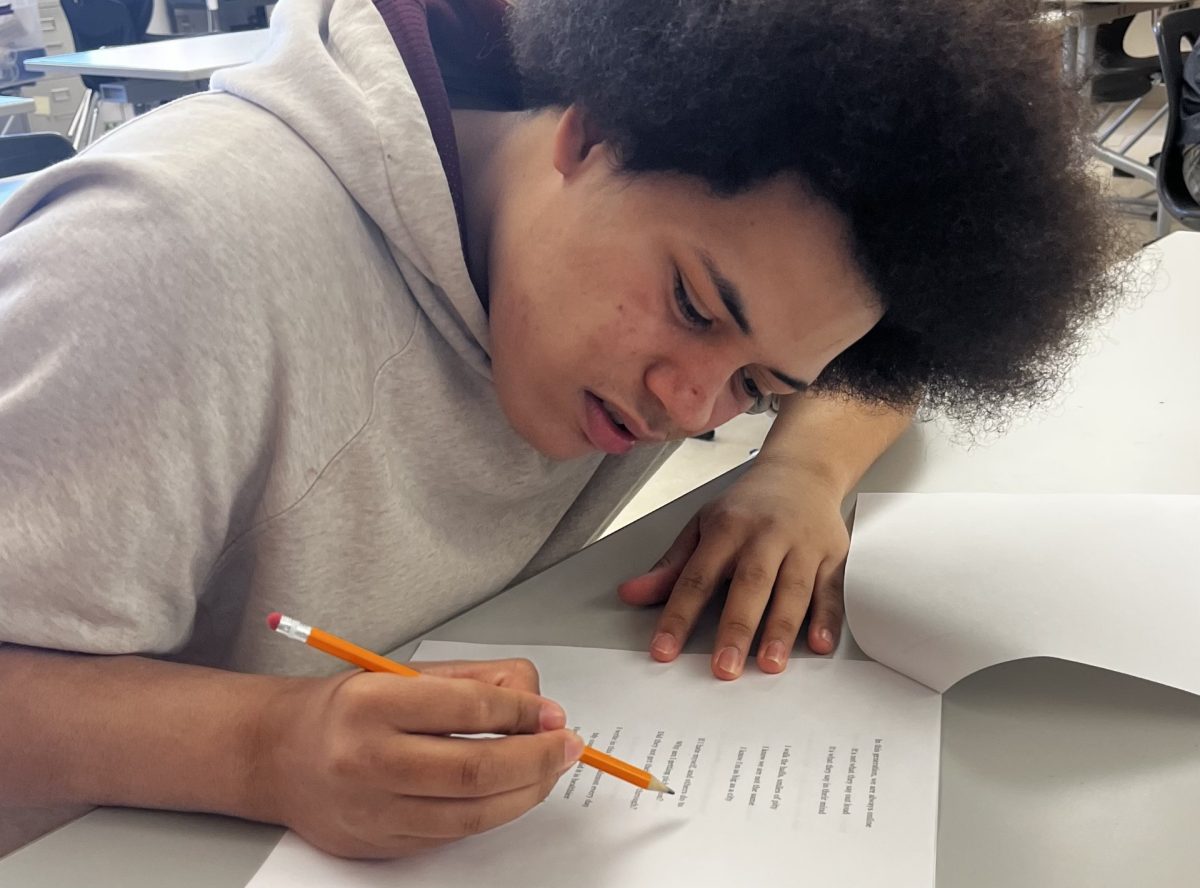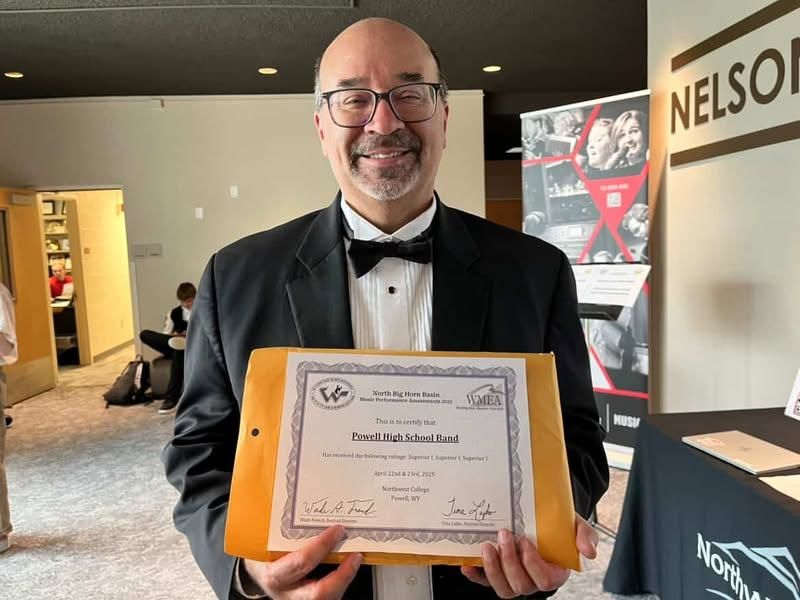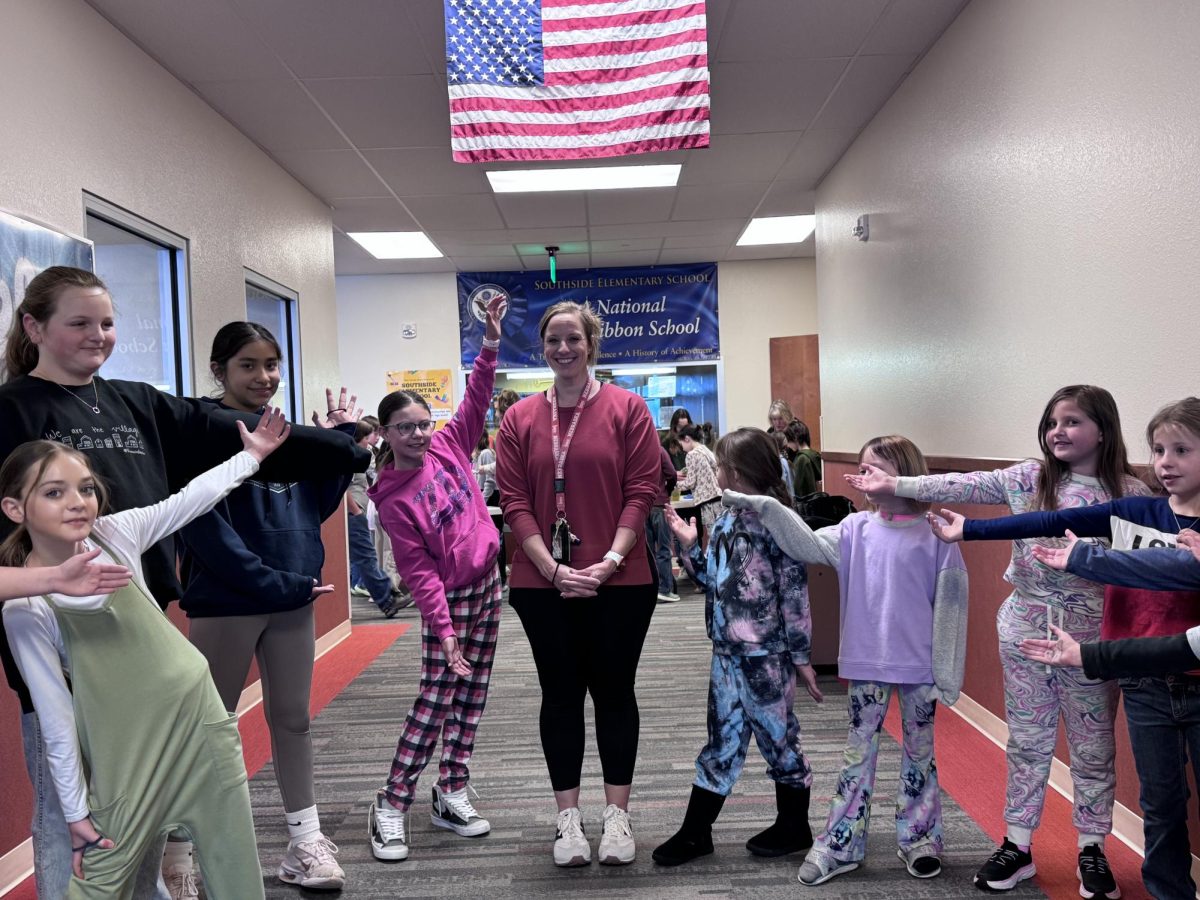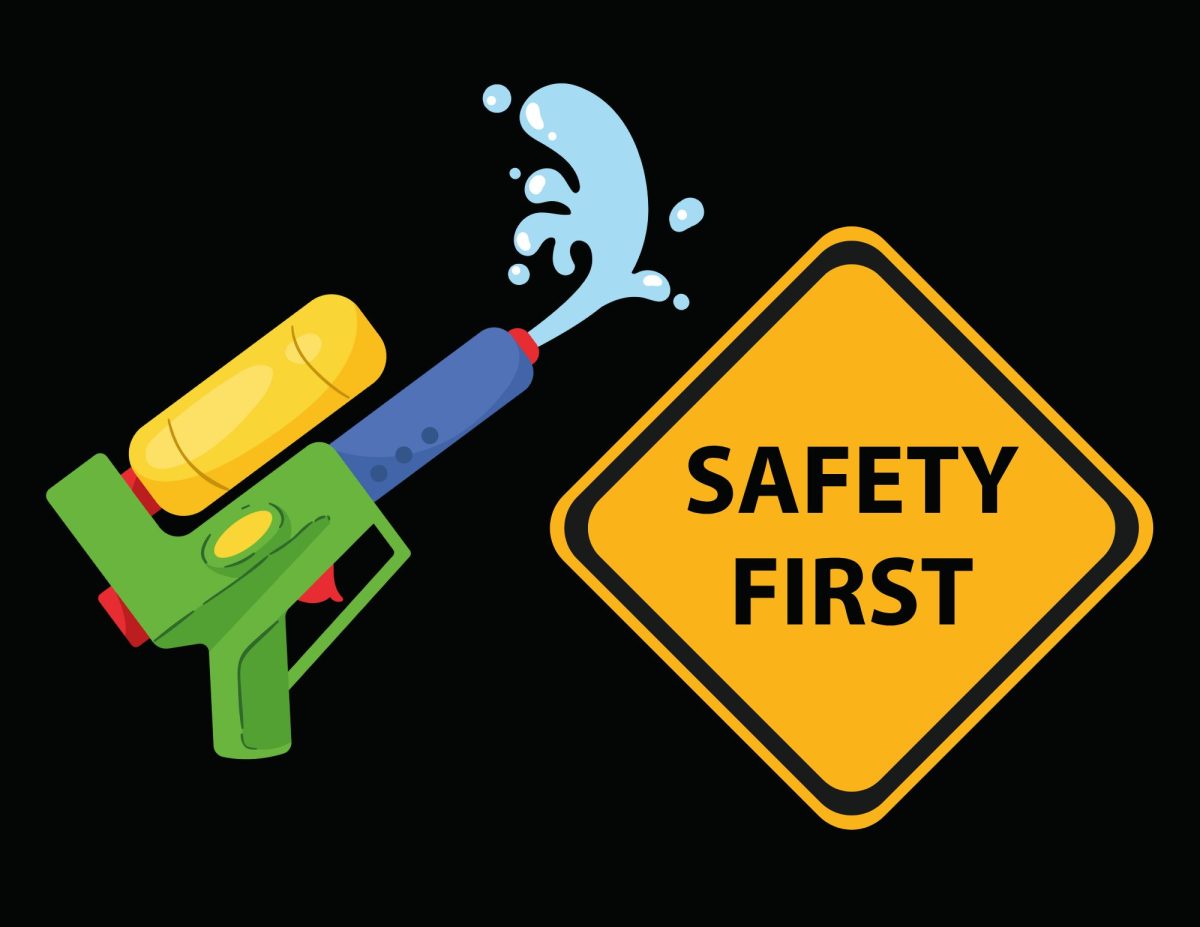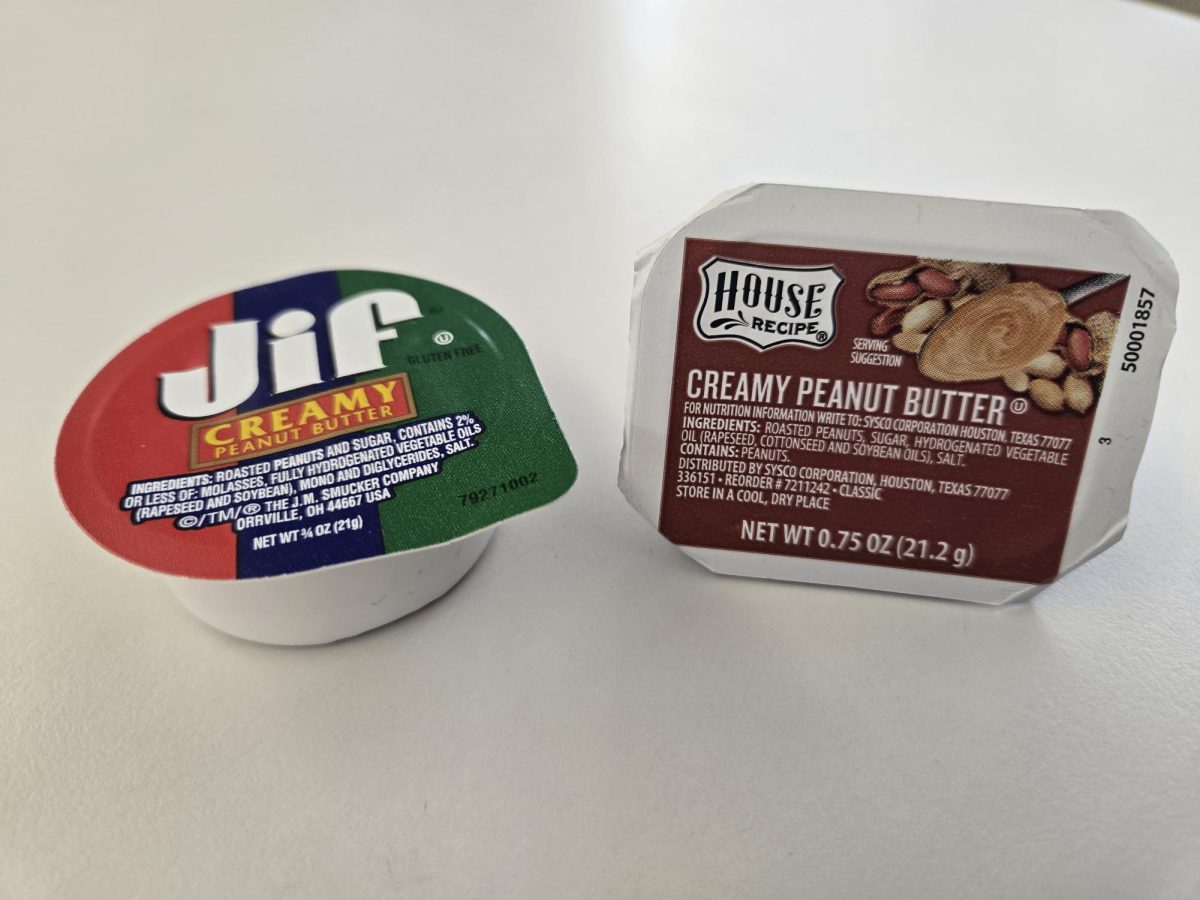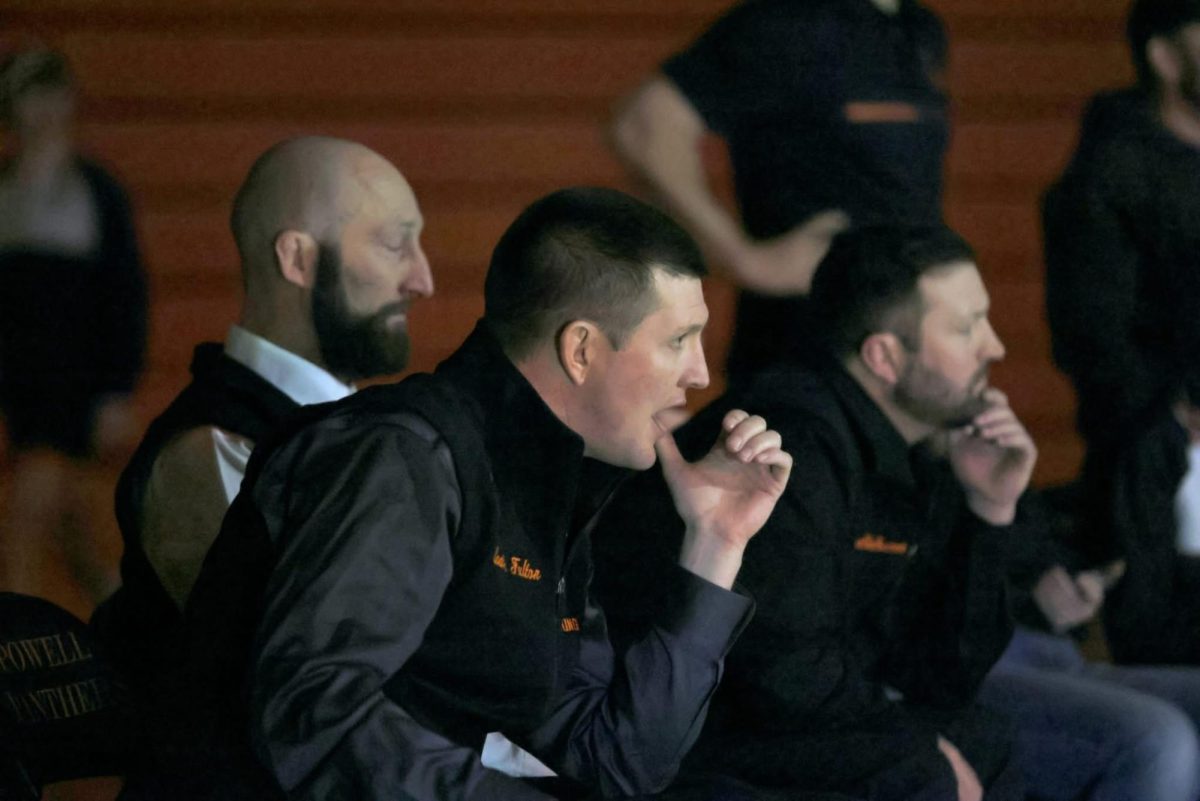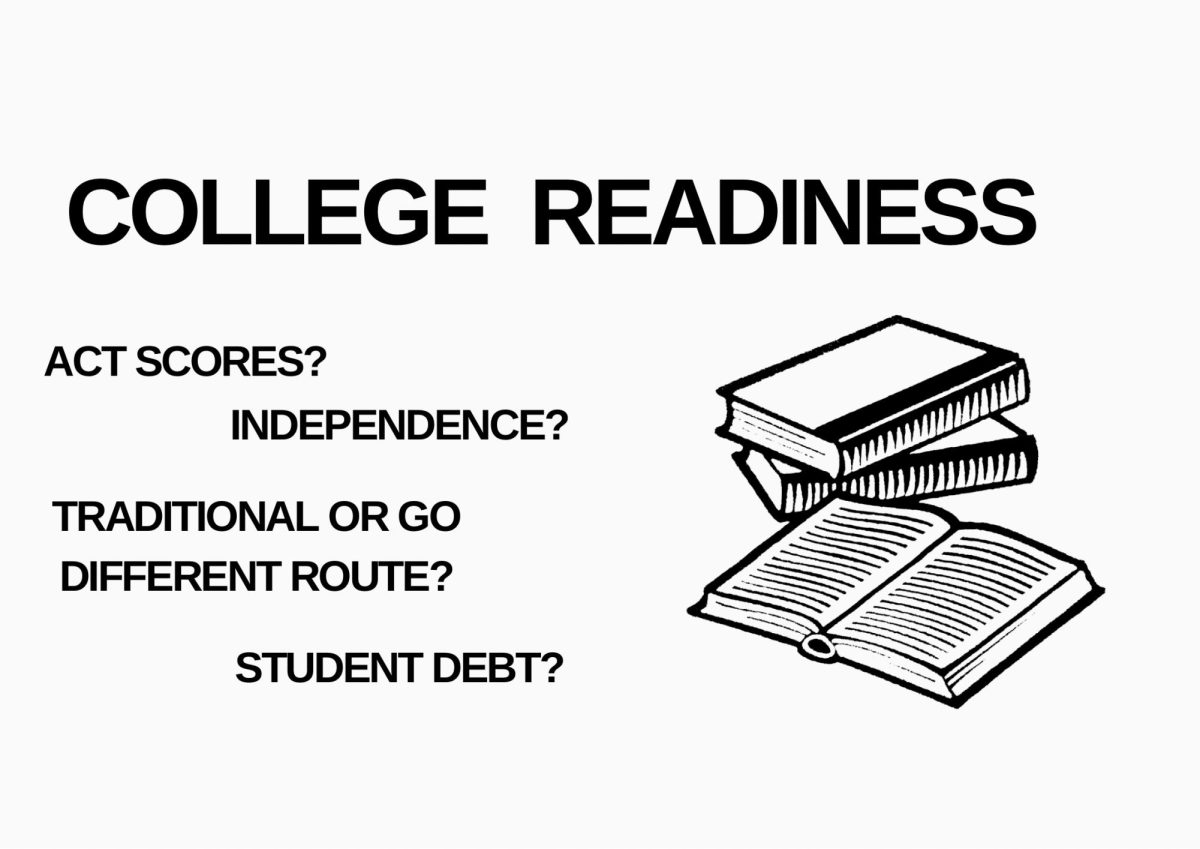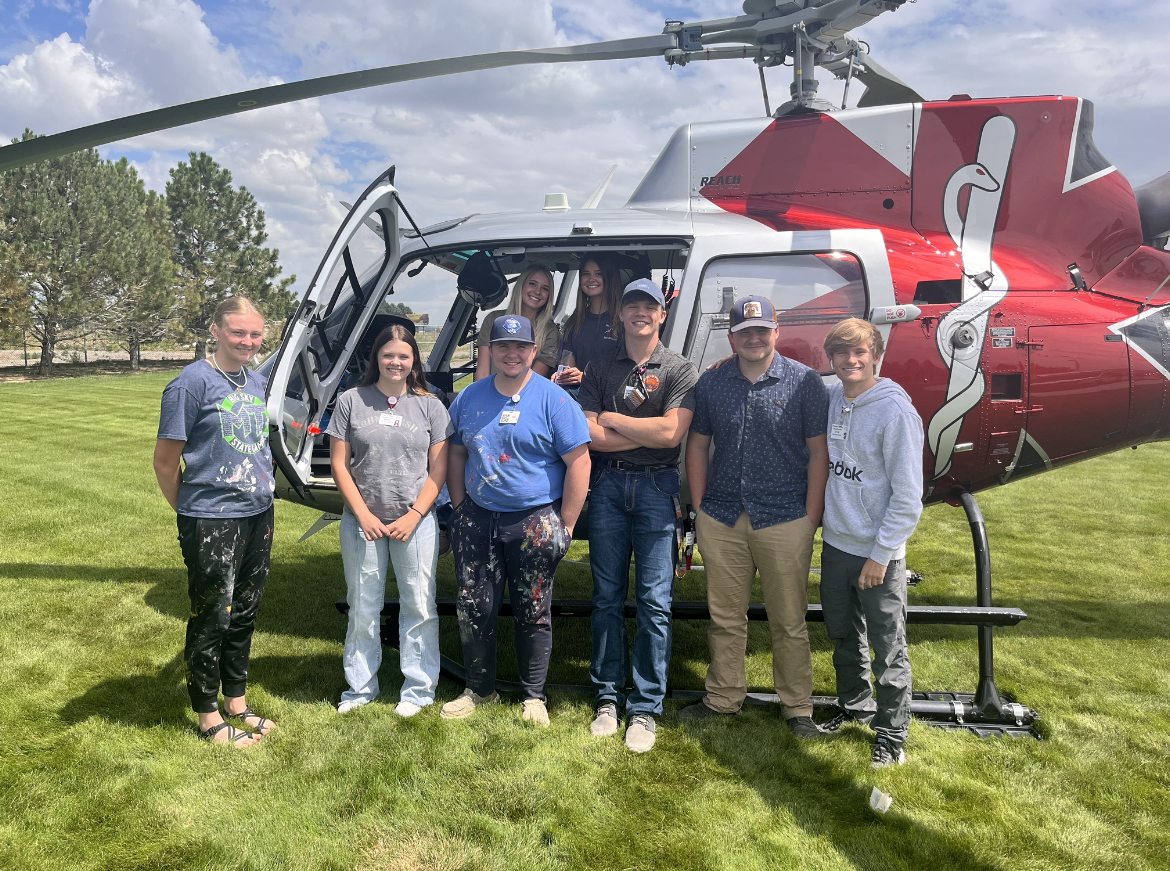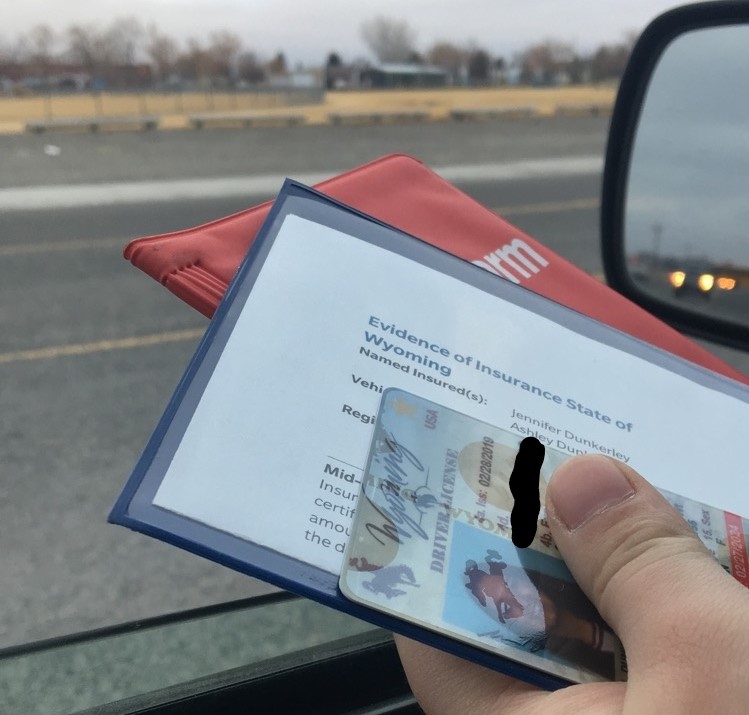WHAT SHOULD YOU DO IF YOU GET PULLED OVER?
Know your rights; present necessary items; cooperate
More stories from Ashley Dunkerley
Getting pulled over can be a scary experience for everyone, but as long as you cooperate, you’ll be on your way.
You are driving. Windows down. Radio on. Wind in your hair. Perfect day.
Then … a siren blares. And lights flash. You roll your eyes and pull over. The cop walks up and asks for the ol’ “license and registration please.”
Being pulled over can be a terrifying experience for many people, but what happens when law enforcement wants to search you or your car?
“Give them your license and car registration,” freshman Kabrie Cannon said.
Most people would say the same thing. The police ask for your driver’s license, car registration and proof of insurance.
“On every basic traffic stop (speeding, etc), police need your driver’s license (name and date of birth) , proof of insurance and vehicle registration,” said Powell High School Resource Officer Mr. Trevor Carpenter. “We will most likely try and create small talk with you to pass the time while getting these three things, to make our contact with you the best experience as possible.”
“Even though everyone hates being stopped, you have the right not to talk with us if you don’t wish. However, we need those three items. The quicker we get these three items, the quicker we can finish our traffic stop with a warning or citation for the reason why an officer stopped you and get you back to your day. That’s the basic traffic stop without any other situations added to it.”
The officer who pulled you over wants to get on with their day as much as you do, but what happens when they suspect you have drugs?
“If I, personally, suspect a driver of having drugs in the vehicle or in their possession I will ask them about it and make it consensual,” Officer Carpenter said. “This means I would simply ask if there are any drugs in the vehicle or on a person. I would then ask if I can search their property. If someone says yes and gives me their consent, I will then check to make sure. Everyone has the right to refuse or not grant consent and then it is on the officer to evaluate if he has enough probable cause (PC) to search without someone’s consent, whether that be by a search warrant or a warrantless search. All of this would need to be articulated in our reports and to the judge during the search warrant process or during court if it went to that stage. There are other resources we can use at our disposal such as narcotic canines to help obtain our PC.”
Officer Carpenter also said there is an extensive amount of training and learning that goes along with being a cop. Not only do you have to learn how to be a cop and solve crimes but also the law and the rights people have.
“This topic has a lot of case law and training behind it, which makes it hard to explain without writing a novel,” Officer Carpenter said. “Long story short, people tell officers to get a search warrant to search their vehicles all the time. If someone asks an officer to get a search warrant, then the officer will, or depending on the situation with motor vehicles, we can search without a search warrant if we have enough PC. This is called a warrantless search as mentioned above.”
Along with training to be an officer, there is also a lot of situational training and protocol to learn and practice.
“Everything depends on the situation and why officers are wanting to search someone’s vehicle,” Officer Carpenter said. “If a search warrant is needed for a vehicle, we would most likely tow the vehicle to one of our secure locations in town so that it’s secured from anyone getting into it (this includes the owner, driver, or occupants of the vehicle and every property that was in the vehicle at the time of the stop). Depending on what officers are searching for and what facts they have at the time.
“Typing a search warrant and getting the judge to review it and either grant or deny the warrant can take up to an hour or a couple of hours. Once the vehicle has been searched (if granted), the vehicle then gets released back to the vehicle owner. The applying process for a search warrant and the searching process can take up to several hours total. Just depends.”
Many crime shows depict officers who need a search warrant to search someone’s house, but does that apply to cars and your own body?
“Some reasons why an officers might ask people to exit their vehicle are for officer safety to interviewing occupants in the vehicle separately to perform SFST’s (DUI Tests), etc … ,” Officer Carpenter said. “We don’t have time to explain to every person why we do things or the reasons for it. Long story short, yes there is case law stating that if an officer asks you to exit the vehicle, you need to.”
Law enforcement run-ins can be scary for anyone, but is it OK to ask questions or refuse a car or body search?
“It’s OK to ask officers questions like, ‘Am I required to or why do I need to do this?’ ” aid Officer Carpenter said. “We understand this and will take some time to explain ourselves when we can. If an officer explains his reasoning and someone then chooses to not listen and argue, they can be charged with interference. Arguing with an officer during a traffic stop is not the time or place. That is why everyone is given a court date if they are charged for something. The courtroom is where things can be argued and a decision can be made on what was right and wrong during the traffic stop.”





